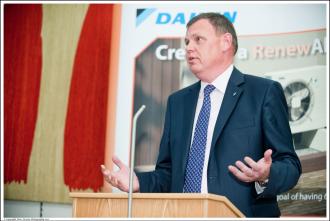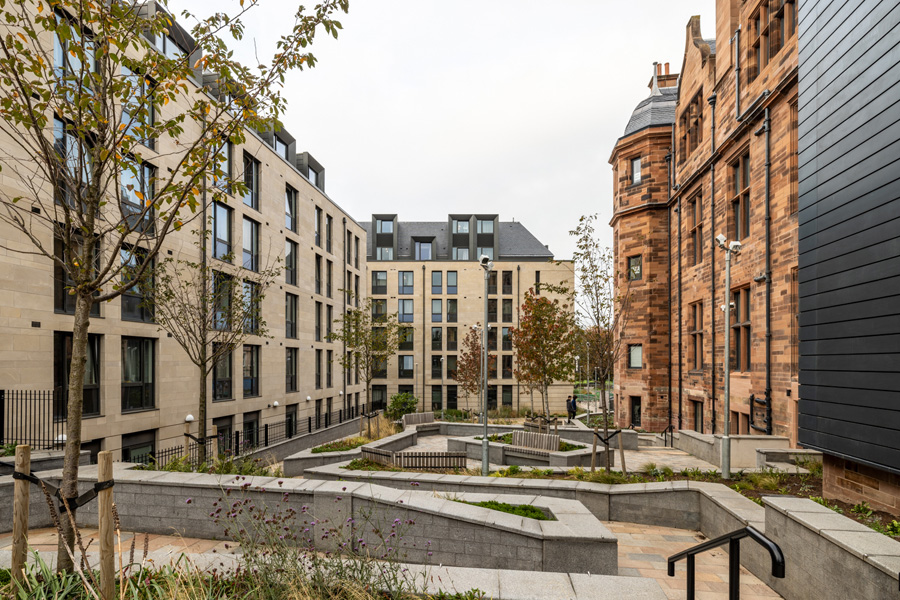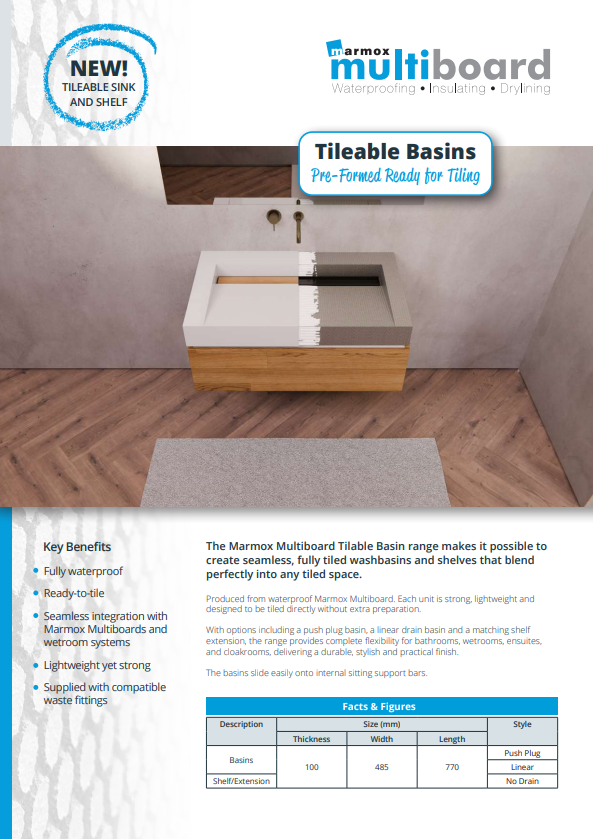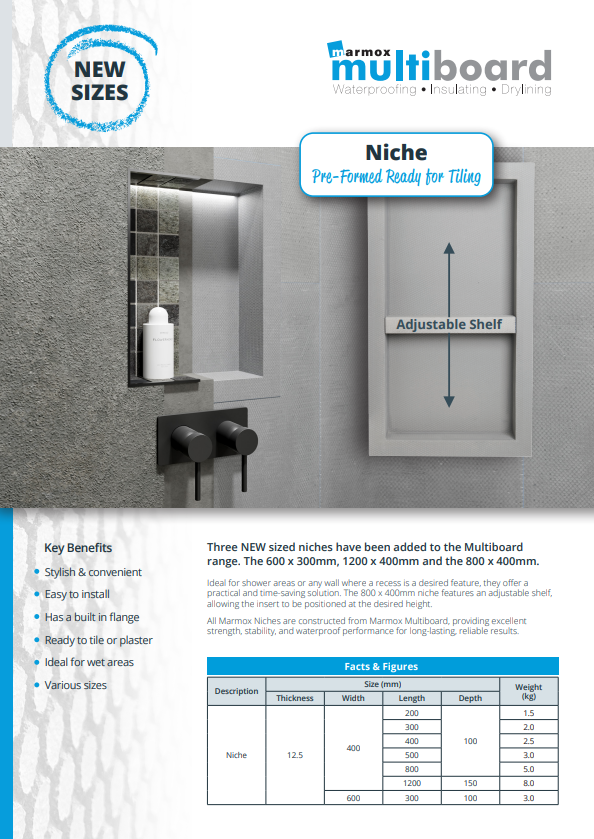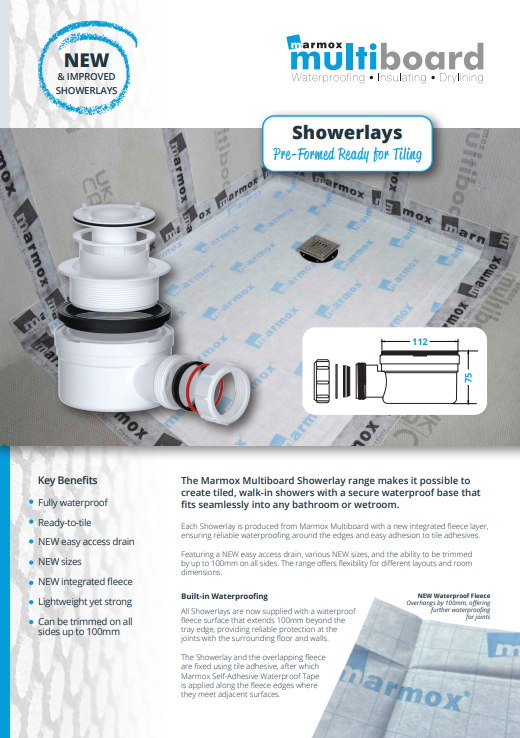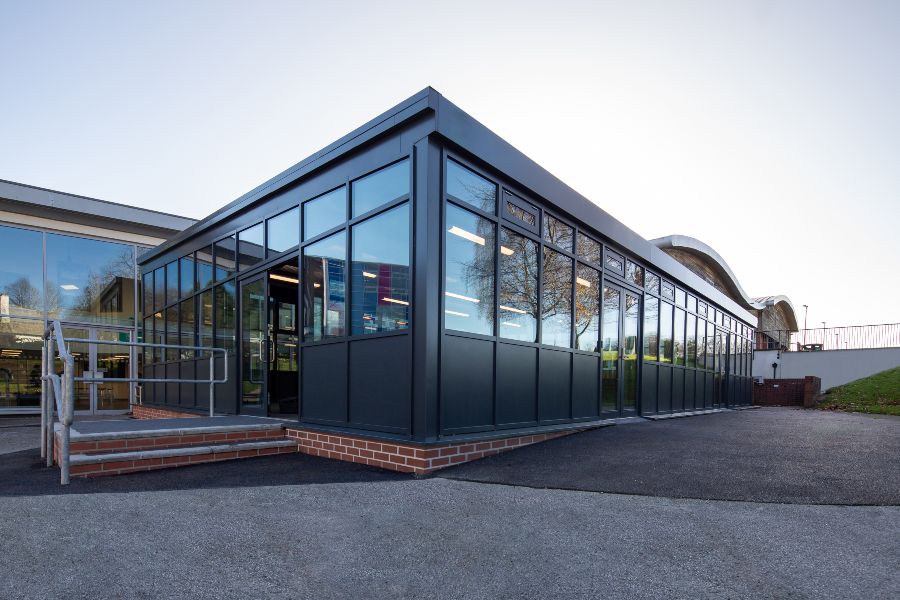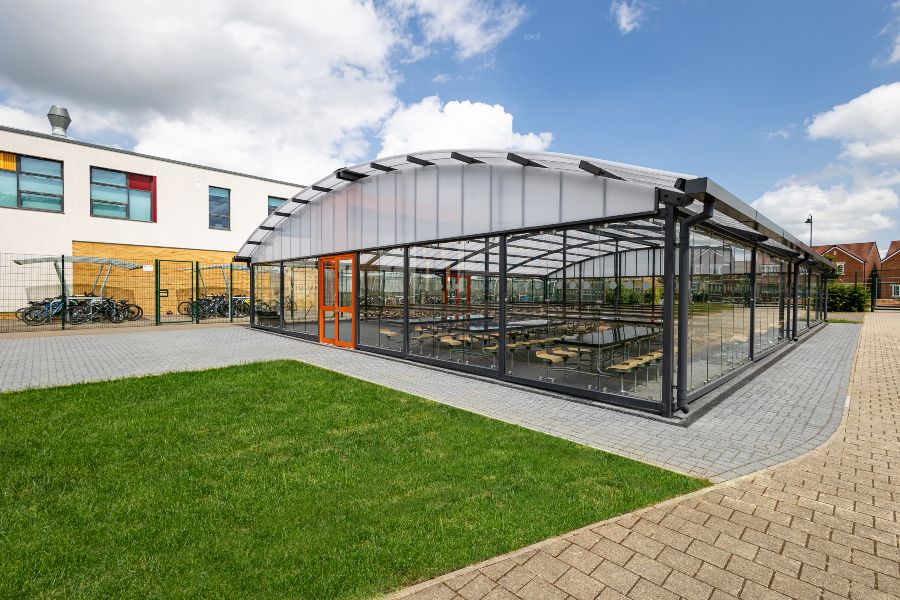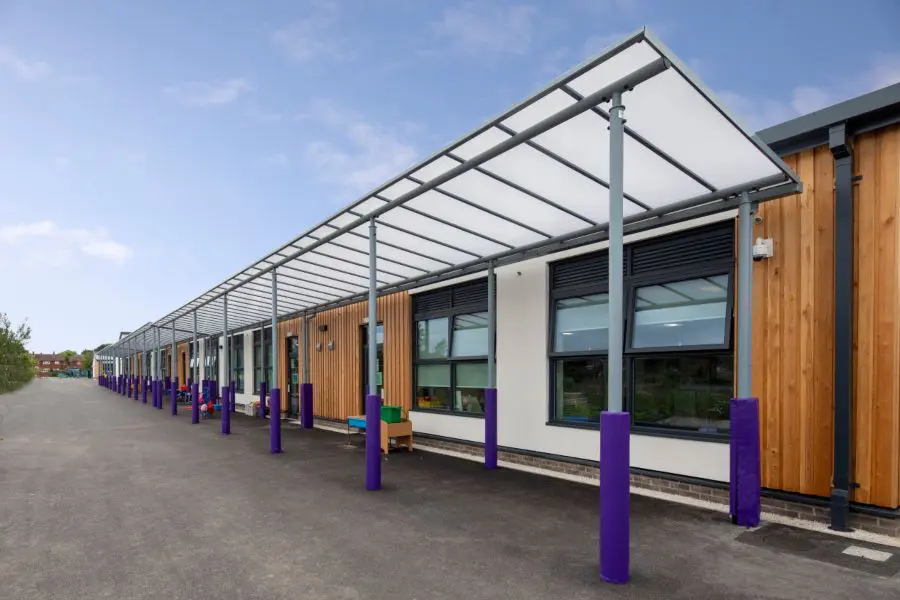The Government must not shy away from tough legislation if the UK is serious about moving away from traditional heating solutions, in order to meet its carbon reduction targets.
This is the message that Daikin UK Managing Director, Peter Verkempynck, gave to DECC officials during a keynote speech at Portcullis House. Speaking at the Micropower Council’s Summer Reception, Mr Verkempynck told the assembled guests, including Greg Barker, Minister of State for Energy and Climate Change, that there needed to be a two-pronged approach to moving away from financial incentives if the UK is to bring about a wider shift away from traditional heating solutions towards lower carbon alternatives.
He said that ambitious progress on Building Regulations will be key to this success, as will the implementation of a clear vision of the carbon performance that heating systems should be expected to deliver by the end of the decade.
Referring to the Building Regulations, Mr Verkempynck said: “We had ambitious plans in this country to use this valuable instrument. Until, that was, we saw the CLG consultation on next year’s Part L – a significant watering down in substance of the zero carbon homes policy, or at least the step changes towards it. Given the uncertainty in the retrofit sector due to RHI, the latest Part L consultation has also had a serious impact on confidence in sales of renewable heating technologies into the new build sector; the main sector that should really keep the supply chain up and running ahead of next year’s introduction of the RHI.”
He went on to say that the big challenge, set out by the Government’s own heat strategy consultation, is how we move to mass market decarbonisation of heat.
“In tackling this, we have the example in 2005 of condensing boilers being regulated into existence. A similar measure is what we believe the Government should strive for now, for implementation at the end of the decade,” he continued.
“We believe that if the Government were to set out a statement of intent that, by the end of the decade, replacement heating systems will have to do better in terms of carbon performance than is possible from today’s traditional heating systems, this would give the heating industry plenty of notice to respond. This was proven to work last time around.
“It is a competitive proposition: all types of low carbon technologies - heat pumps, microCHP, biomass, solar thermal and conventional boiler combinations as well as flue gas heat recovery systems - can all compete under a tighter carbon requirement. It is unrealistic to expect subsidy alone to transform the market in the next decade to the extent necessary to achieve the country’s legally binding carbon targets, and it is difficult to see that without something this radical, the general public can ever be weaned off their attachment to conventional boiler technology alone.”
The Daikin UK MD urged the Minister to support MP John Hemming’s Private Member’s Bill, to achieve this policy outcome.






